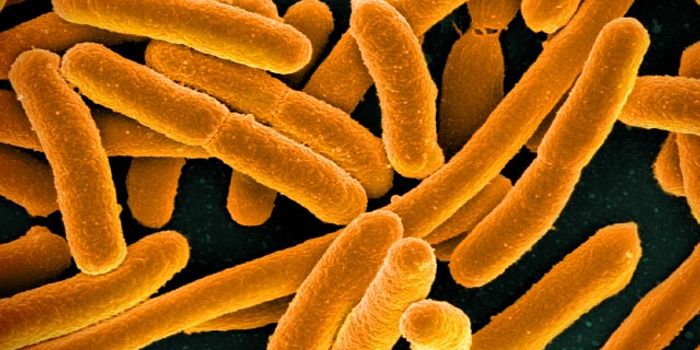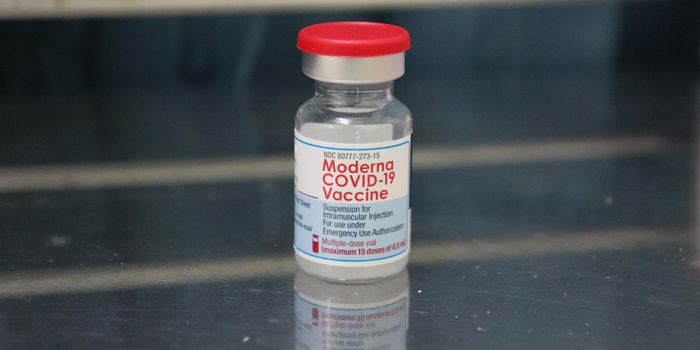Saving Patients From Unnecessary Chemotherapy with a Blood Test
Right now, many cancer patients get chemotherapy after surgery to ensure that their cancer will not come back; there has not been a way to tell how likely that is. With a new test, cancer patients that don’t need that chemotherapy may now not have to receive it. Melbourne researchers created a simple blood test that can show whether or not patients need chemotherapy after surgery. If they do, the test may help indicate the dose they will need. The test is described in the video, featuring the researchers.
In many instances, patients are receiving unnecessary chemotherapy, said the lead investigator Associate Professor Jeanne Tie, a clinician scientist at the Walter and Eliza Hall Institute and a medical oncologist at the Peter MacCallum Cancer Centre and Western Health. "While chemotherapy is an essential, life-saving treatment, we don't want patients receiving it if they don't need it. We want to help these patients avoid serious and ongoing side-effects associated with chemotherapy," she said.
Trials of the test will show whether an oncologist can interpret the results, which show whether or not a cancer patient receiving surgery would need chemotherapy to prevent cancer from coming back, noted Tie.
"We would like to be able to tell some patients that they can safely avoid chemotherapy because their cancer is unlikely to recur. For patients who are at a high risk of recurrence, we want to be able to give them a more intensive dose of chemotherapy than those with a lower risk of recurrence," she added.
Chemotherapy can cause a wide range of both short and long-term damaging side effects, so patients that don’t need it really should not be taking it.
The test is circulating tumor DNA (ctDNA) based; it identifies bits of tumor DNA that are present in the patient’s bloodstream after surgery has excised their cancer. A trial is underway to determine whether the ctDNA level correlates with the likelihood of relapse. If a patient does not show ctDNA in their blood, they would not get chemotherapy. Those with high ctDNA levels, however, may receive aggressive chemotherapy to prevent relapse.
Scientists at the Walter and Eliza Hall Institute collaborated with investigators at Johns Hopkins Kimmel Cancer Centre to develop the ctDNA test.
The trial, ongoing since 2015, showed that early stage bowel cancer patients can be grouped by high and low risk. It has been broadened to include ovarian cancer patients since 2017.
"We suspect that many women with early-stage ovarian cancer can be treated with surgery alone, but we currently treat all these patients as though their cancer may recur, with high dose chemotherapy," said Sumi Ananda, a Walter and Eliza Hall Institute clinician-researcher Associate Professor, who led the ovarian cancer trial.
"Undergoing chemotherapy is a huge imposition on a patient's life, both because of the side effects patients have to endure, as well as the time the treatment takes. Many of my patients have to stop working and postpone important parts of their life such as travel, so they can attend their chemotherapy sessions and manage the side effects of the treatment."
"In the future, I hope that we can safely and accurately determine which patients can avoid chemotherapy -- for these people it will be a huge improvement on their quality of life. I also hope that by identifying patients with the highest risk of recurrence, we can give them intensive chemotherapy to give them the best chance of survival. This test could be an important step towards personalizing cancer treatment for individual patients," Associate Professor Ananda said.
Sources: AAAS/Eurekalert! via Walter and Eliza Hall Institute









